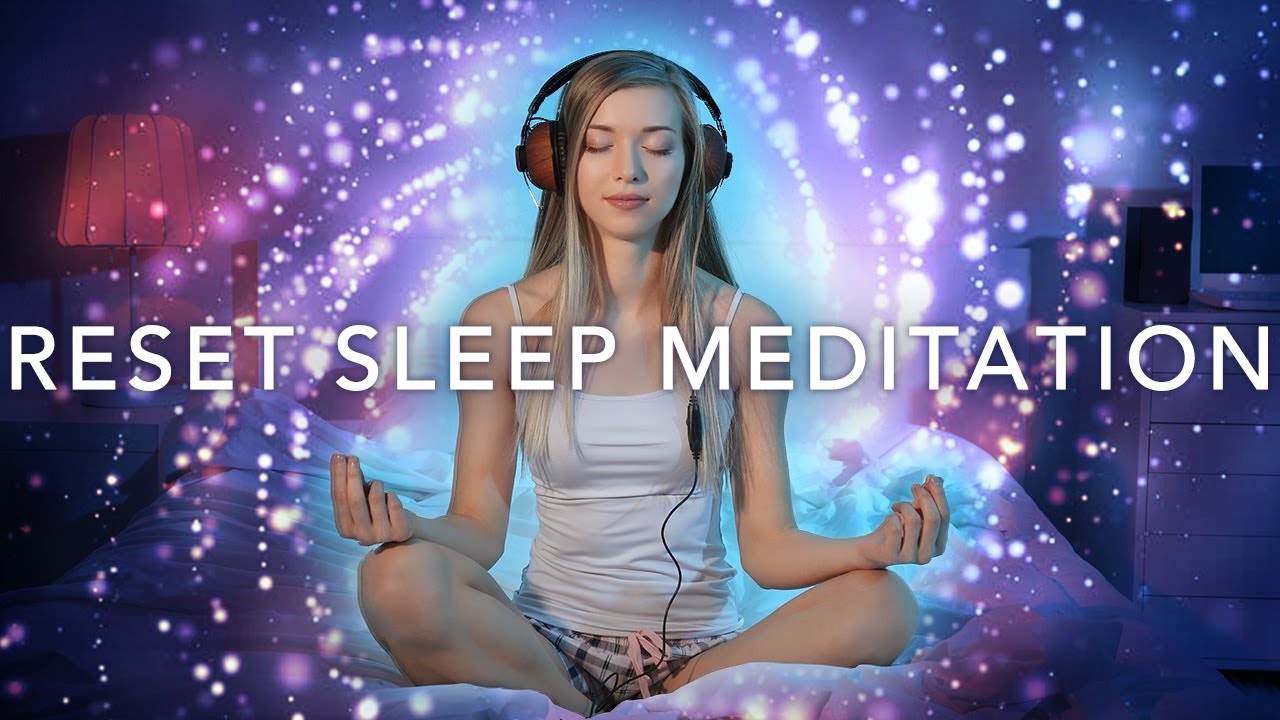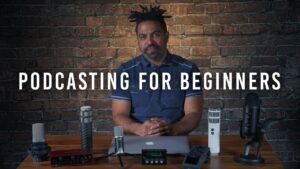If you’re interested in learning about the various benefits of meditation, a sleep meditation podcast can provide you with the tools to make it happen. A sleep meditation podcast can teach you various techniques that you can use to improve your sleep quality. Listening to a podcast can also help you relax before bed, which can be particularly useful if you’re feeling stressed or anxious. This podcast will teach you how to manage stress, which will aid in falling asleep more easily.
There are several different types of sleep meditation podcasts available. Some of them are composed of white noise and other sound effects that can be soothing for sleep. The Sleep Meditation Podcast was developed by an insomnia sufferer who discovered the power of sound to help him or her fall asleep. Each Sleepcast lasts between forty-five and fifty-five minutes, and it switches from the beginning of the meditation to a description of a relaxing place. The subscription costs $9.99 per month, and samples are available online.
A popular sleep meditation podcast is the BBC’s Sleep Meditation Podcast. These episodes feature ambient noise, nature sounds, and whispered discussions that can help you relax and sleep. These episodes are between fifteen to forty minutes in length, and can improve your mood and focus. The BBC has released more than 50 episodes so far. It’s also a great option for people who want to listen to a podcast before bedtime. The podcast also has a collaborative platform, which means that you can recommend your favorite sounds.
Another sleep meditation podcast is the Mindful Minute. The creator of the popular app, Meryl Arnett, presents meditation experts in thirty minute episodes. The episodes cover a variety of topics, from modern life to work, from authenticity to finding happiness. In addition to the podcast, the Mini Meditations series offers shorter, self-contained sessions. These are also a good choice for busy parents. Many people do not have enough time to practice meditation daily.
The Guided Sleep Meditation podcast features music, narration, and other sounds that help people fall asleep. The episodes are arranged according to themes. The series has episodes on topics such as beachside sleep meditation and bedtime stories. The podcast features writers and voice-over artists, with the ultimate goal of helping people fall asleep. It has changed lives. You can listen to the podcast whenever you want and feel more relaxed and at ease. There are even episodes dedicated to anxiety and stress.
If you’re not interested in traditional music or podcasts, you can listen to an ASMR (AudioSomatomus Resonance) podcast. It contains original stories by ASMR expert Kristen Zaza. The host uses a slow, raspy voice, and the stories can be spine-chilling or soothing. Whether you want to listen to a short story or a full-length tale, the podcast will help you get to sleep without disruption.
Welcome to tuskculture.com, a website dedicated to helping you find the best mattress for your needs. Our goal is to provide you with valuable information on mattresses and related sleep products that align with your cultural preferences and values.
At Tusk Culture, we believe in the importance of quality materials, craftsmanship, and design when it comes to choosing a mattress. We understand that sleep is an integral part of our lives and culture plays a significant role in our choice of sleeping environment.
That’s why we’re excited to introduce you to an article exploring how different cultures around the world approach sleep hygiene or ritual using fiberglass in memory foam mattresses. For example, did you know that traditional Japanese futons differ from American box springs? Or that wool blankets play a crucial role in Icelandic bedtime routines? How about African cultures using hammocks for sleeping outdoors?
By highlighting diverse perspectives on sleep culture through this article, readers like yourself may appreciate the value of finding a mattress that suits your own unique preferences and lifestyle. By linking to this informative article via our anchor text “Fiberglass in Memory Foam Mattresses,” we hope to empower you with knowledge that will ultimately lead to better sleep.
Thank you for visiting tuskculture.com, where we strive to provide unbiased and helpful resources for all your sleeping needs!
Sleep with Me podcast
There are many reasons to listen to the Sleep with Me podcast. You may be tired, but a sleep aid may be the perfect solution. It is available on both iTunes and Stitcher and enables you to relax before bed. Sleep with Me also features a soothing, nature-soundscape and is suitable for sleep-deprived individuals. It is recommended that you start listening to the Sleep with Me podcast an hour before bedtime. The Sleep with Me podcast is available in various languages and is recommended for people of all ages.
The storyteller is Scooter, an unmodulated character who reads his own stories in a low, monotone drawl. His voice resembles that of Owen Wilson, or the sounds of surreal fairy tales recorded on a 33-rpm record. Scooter’s goal is to lull listeners to sleep by distracting them from their racing minds. There are many different episodes of the Sleep With Me podcast available, but you’ll rarely get to hear them all.
The Sleep with Me podcast is available in different languages and formats. You can listen to ambient sounds and relax. You can also listen to poetry read by Seymour Jacklin. These calming stories can help you get to sleep faster. In Our Time isn’t intended to be a sleep podcast, but it covers different academic topics. However, it has a broad appeal for everyone. So whether you are looking for a meditation to help you relax or a science podcast, this podcast is perfect for you.
Another thing that makes this podcast a sleep aid is the way it lulls listeners to sleep. Scooter’s bedtime stories are not very deep and are mostly pointless. He goes on tangents. Despite the fact that Scooter is a sleep aid, many listeners find them boring and pointless. So, it may be best to skip the episodes containing these disturbing elements. If you’re still not convinced, invest in some comfortable headphones.
NoSleep podcast
The NoSleep Podcast is an audio series dedicated to horror fiction. It originally originated on the Reddit subreddit /r/NoSleep, and features original horror stories. Listeners can explore the mystery and darkness of Goldmeadow, and listen to a soundtrack of atmospheric music. The podcast has garnered a loyal following, and has received over 100 million downloads. Here are some of its most memorable stories.
No Sleep Podcast focuses on macabre, horror, and speculative fiction. It features only the creepiest stories, which are all narrated by the best actors in podcast recording. Brandon Boone provides music and sound effects for the episodes. NoSleep podcast is available on Apple Podcasts. Listed below are some of the podcasts available for listening:
NoSleep focuses on the horror genre, although it’s not aimed at children or teens. It features stories about deer and gruesome cocktail recipes containing human body parts. The podcast also features a kidnapped woman who finds salvation in an unlikely source. Moreover, a farmer discovers that only human blood will make a worn out grain thresher run again.








